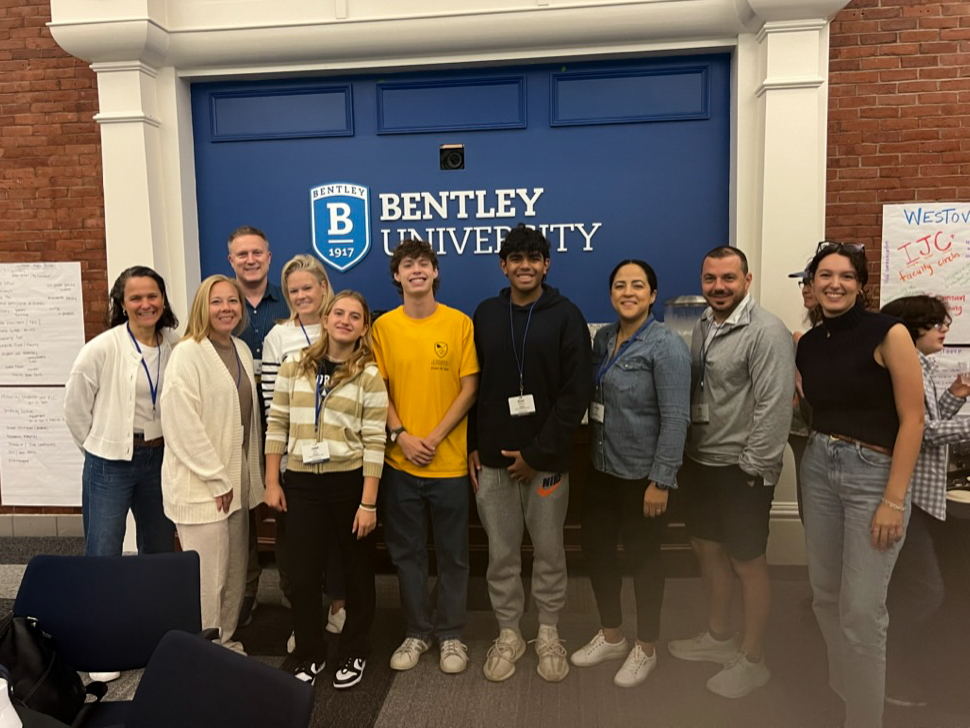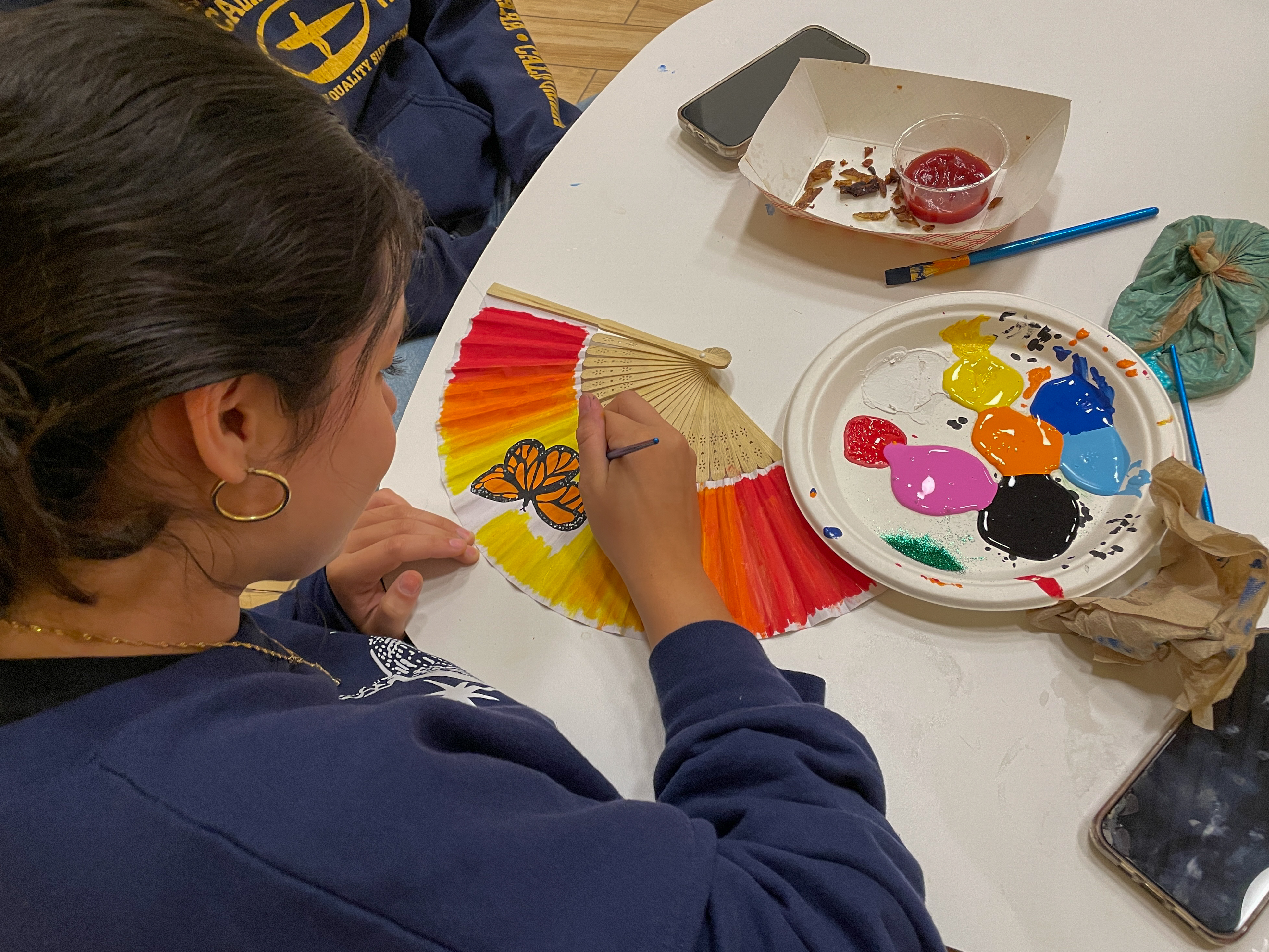
Out of a dozen rising seniors who ran for positions on the Judicial Committee, the four candidates with the most votes were selected.
Elections for the Judicial Committee (JC) followed speeches by the candidates on Wednesday, March 30. Shrenik Agrawal ’17, Mohammed Memfis ’17, Antigone Ntagkounakis ’17, Olivia van den Born ’17, Josephine Mah ’18, Julian Yau ’18, Sophie Mars ’19, and Robert May ’19 will now serve as the school’s JC representatives for next year. 93% of the freshmen, 84% of sophomores, and 84% of the juniors cast their ballots for the people they wanted to represent their form.
Students had mixed opinions regarding the candidates speeches. Kristen Altman ’18 noted, “Most of the speeches had some sort of opposition to the status quo. The majority of them talked about opposing the administration in some way, which is interesting because the JC is a function of the administration.” Lauren Lamb ’17 was concerned that some people simply ran for the wrong reason: getting a coveted leadership position. She also added, “Even though our representatives right now are really good, they gave false promises in their speeches. A lot of the speeches were really repetitive.”
Some students also observed that the male candidates exuded more confidence than their fellow female competitors. Altman remarked, “It’s always very clear that the boys are more authoritative and assertive in their speeches, and there’s something about that that really bothers me. I’m not saying this in a sexist way, but I do feel like if we weren’t required to vote a female and a male representative, we would all have selected males.”
However, HPRSS teacher and JC adviser Ms. Amy Salot did not think gender was a significant variable in the election. She explained that some female candidates received more votes than male candidates in some forms, such as the fifth form, but not in others. She attributes this lack of a trend to the students’s focus on the candidates and their ideas rather than their gender.
Maya Birney ’17, however, said, “It was biased. They referenced transparency way too much, though they failed to explain how they would generate transparency. You get the surface, but they don’t explain how they will succeed.”
The representatives elected to the JC represent an integral part of the school community. Four sixth formers, two fifth formers, and two fourth formers serve on the committee for yearlong terms, and are responsible for adjudicating honor code violations. The JC strives to ensure that its representatives create an environment in which all students accused of honor code violations receive fair treatment.
“Most schools have students on an adult committee, but we have the opposite: adults on a student committee,” said Ms. Salot, a faculty member who acts as an adviser to the JC.
The JC is currently considering conducting a second circling if the number of students running exceeds a certain number, as was demonstrated in the third form and fifth form this year. However, this amendment may raise some concerns in the future, especially for Ms. Salot, since this could cause a part of the process to become a popularity contest. According to Ms. Salot, “My initial instinct is that I don’t want to do a second circling because I want every student to have a chance to make a speech in front of his or her form. I would be nervous that a circling could make it closer to a popularity contest, and this just isn’t the place to do that.”
The comprehensive election process ensures the JC representatives uphold the honor code. The students and faculty involved in the JC election process can attest that it is rigorous. To participate in the election, students obtain signatures for a petition form and have a series of conversations with their dean, four current members of the JC, and Ms. Salot.
By the end of the process, they have undoubtedly shown their commitment to the role and understanding of how the committee functions and what expectations are held of a representative.
The candidates give speeches about why they are ideal candidates to their form members, who electronically select winners via approval voting shortly afterwards. Later in the term, the committee will elect rising seniors who will hold the Chair and Vice Chair of the JC next year.
Many of the candidates had been on the JC last year, and have integrated their experiences into their speeches. According to Josephine Mah ’18, “After being on the JC for a year, it was really something I wanted to do again, and it was just a really good opportunity. I think it’s very important that students get a say because the school isn’t just about teachers teaching students; I think it should be more inclusive than that.”
It was the resounding consensus of the community as a whole that all candidates showed dedication, delivered good speeches, and represented the values of the JC.




